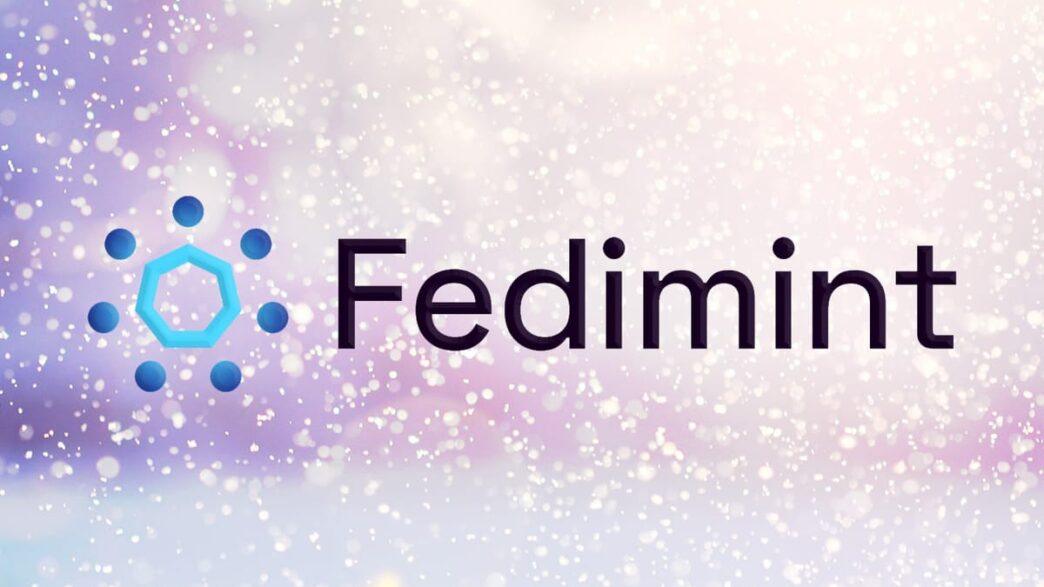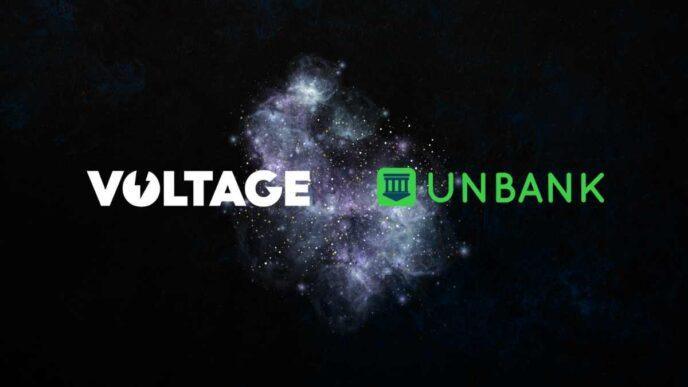Fedimint recently announced the release of Fedimint v0.5.0, a significant update to its innovative module-based system designed for building federated applications.
This release marks a pivotal step toward providing a trust-minimized, censorship-resistant, and private alternative to centralized applications. With this update, Fedimint continues to enhance its offerings with new features and improvements that cater to the needs of its growing user base.
Table of Contents
Key Features of Fedimint v0.5.0
The highlights of this release include:
- Tor Support for Client-Federation Connections: Enhanced privacy and security for users by enabling Tor support for client-federation connections.
- Stabilization of Version 2 of the Lightning Module: While the new Lightning module is not rolled out by default, integration and testing are highly encouraged for developers looking to leverage its capabilities.
- Upgraded Rust-Bitcoin to v0.32: This upgrade leads to a more stable environment with fewer duplicate dependencies, ensuring a reliable foundation for future development.
- Multiple Bug Fixes: Numerous bugs have been addressed through refactoring and review work, with fixes already backported to previous versions (v0.3 and v0.4).
- Continuous Integration Improvements: Enhancements have been made to increase agility while maintaining compatibility guarantees.
Additional Improvements
Fedimint v0.5.0 also introduces various enhancements across several domains:
Lightning Network Enhancements
- Enhanced Client API Cleanup: Streamlining the LNv2 module client API for improved usability.
- Improved LN Module Initialization and Offline Handling: Ensuring smoother operations during initialization and offline scenarios.
- Gateway Fee Configuration Improvements: Allowing better management of gateway fees.
- Fixed Issues with LDK Create Invoice: Addressing bugs that affected invoice creation processes.
- Enhanced Thresholds Handling: Improving how thresholds are managed within the Lightning module.
Performance & Optimization
- Faster Consensus Synchronization: Optimizing the synchronization processes with a single session outcome request per session.
- Removal of Delay in Signed Session Outcomes: Enhanced response times in session outcomes.
- Optimized Rustls Configuration: Streamlined security configurations for better performance.
- Improved Block Sync and Chain Tracking: Enhanced mechanisms for tracking blockchain activity.
- Enhanced Self-Sync Mechanism with Checksum Verification: Added an extra layer of reliability during synchronization.
Security & Authentication
- Authenticated Sync_to_Chain Functionality: Ensuring that synchronization processes are secure.
- Added Security Checks for Ciphertext Validation: Strengthening data integrity checks within the system.
- Improved Secret Hash Comparison Mechanisms: Enhancing security protocols related to secret management.
Developer Experience
- Structured Logging for Devimint Channel Operations: Providing developers with better insights into channel operations.
- Improved Cargo and Git Hash Version Handling: Streamlining version management processes.
- Enhanced Debugging Tools for Consensus Issues: Offering developers better tools for troubleshooting consensus-related problems.
- Better Panic Messages and Logging: Improving error handling and logging mechanisms.
Infrastructure Updates
- Support for WASM Compilation Added: Expanding compatibility with WebAssembly environments.
- Improved RocksDB Implementation: Enhancing database performance and reliability.
- Default BTC RPC Environment Variables in NixOS Module Added: Simplifying configuration processes for users on NixOS.
- Enhanced Gateway Registration Process: Streamlining how gateways are registered within the system.
- Better Handling of Dependencies and Build Profiles: Improving overall build efficiency.
Testing & Continuous Integration
- Added Gateway Upgrade Tests for LDK Gateway: Ensuring that upgrades are thoroughly tested before deployment.
- Re-enabled LNv2 Inter-Federation Tests: Restoring critical tests to ensure compatibility across federations.
- Improved Test Shuffling for Better Coverage: Enhancing testing methodologies to ensure comprehensive coverage of features.
- Enhanced Upgrade Testing Framework: Strengthening the framework that supports upgrade testing processes.















